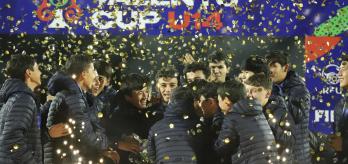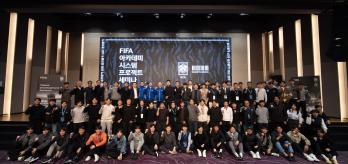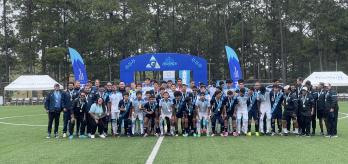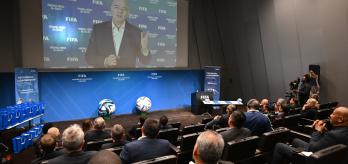The current national team coaches from the 32 FIFA Member Associations which participated at last year’s tournament in Australia and Aotearoa New Zealand were invited to the two-day event at the Home of FIFA in Zurich, where they discussed refereeing, technical and competition matters. The forum also included presentations by the FIFA Technical Study Group, which collected a wealth of data over the course of the tournament.
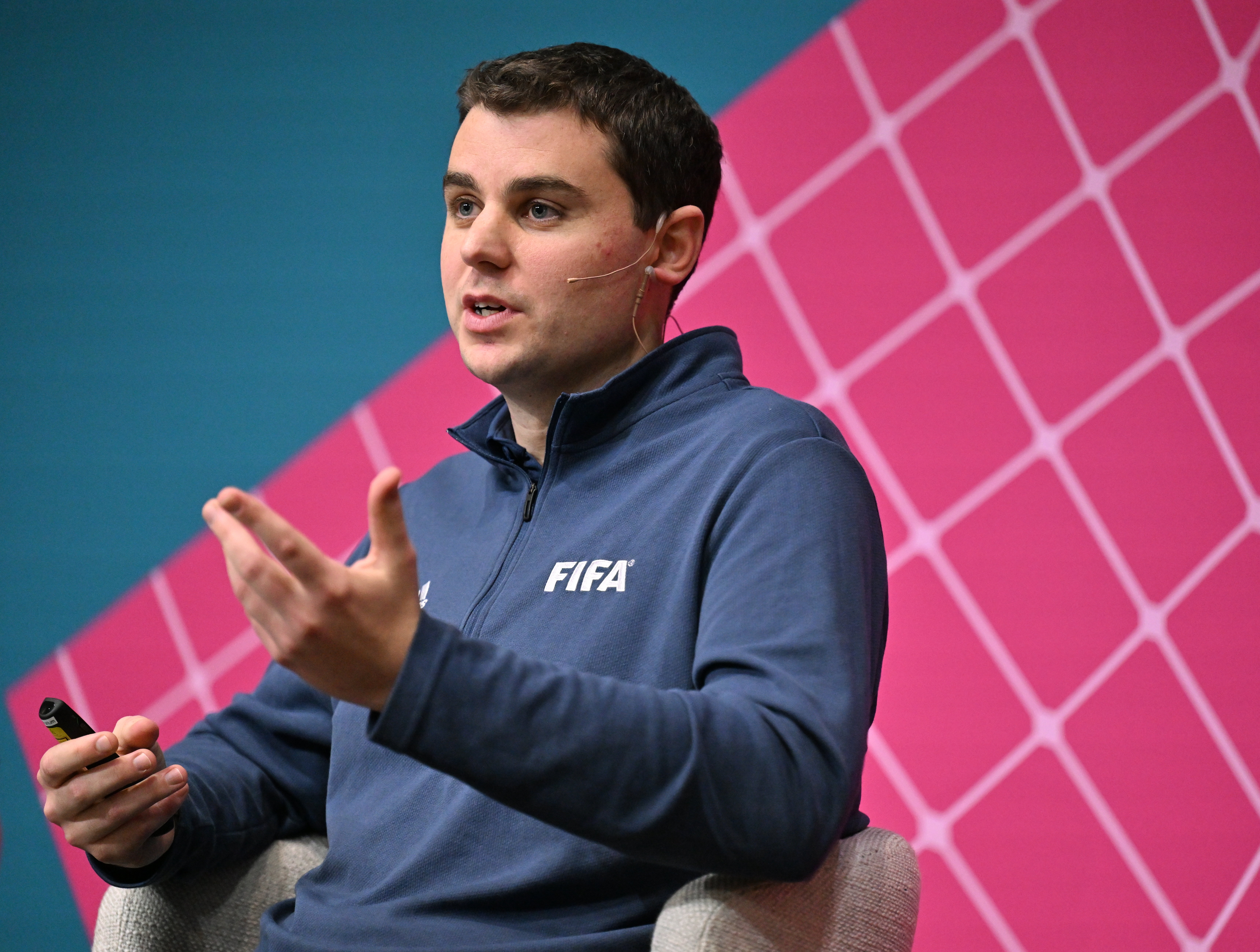
“The way we collect the data is completely unique and it’s something that nobody else is able to compete with in our field currently,” said Tom Gardner, FIFA’s Lead of Football Performance Insights.
“We have a team of 52 analysts who worked on data collection for the FIFA Women’s World Cup 2023™, and the way we collect data on a football level is we have one analyst watching one player for the entirety of the match and collecting data on every single thing that player does.”
He said this allowed FIFA to collect around 15,000 data points per match using a combination of event data which is enriched with tracking data. “That gives us our complete data set, which then allows us to drive really deep into the data to deliver insights which we think can have an impact on global football development,” he said.
In the opening forum, FIFA Chief of Global Football Development Arsène Wenger spoke of the importance of knowing how to make the most of science and specialist knowledge.
"Science can help us to better understand the world we are living in, but it [must] not dominate us," he said, adding that good coaches were able to use specialist knowledge and data to help them to make the right decisions.
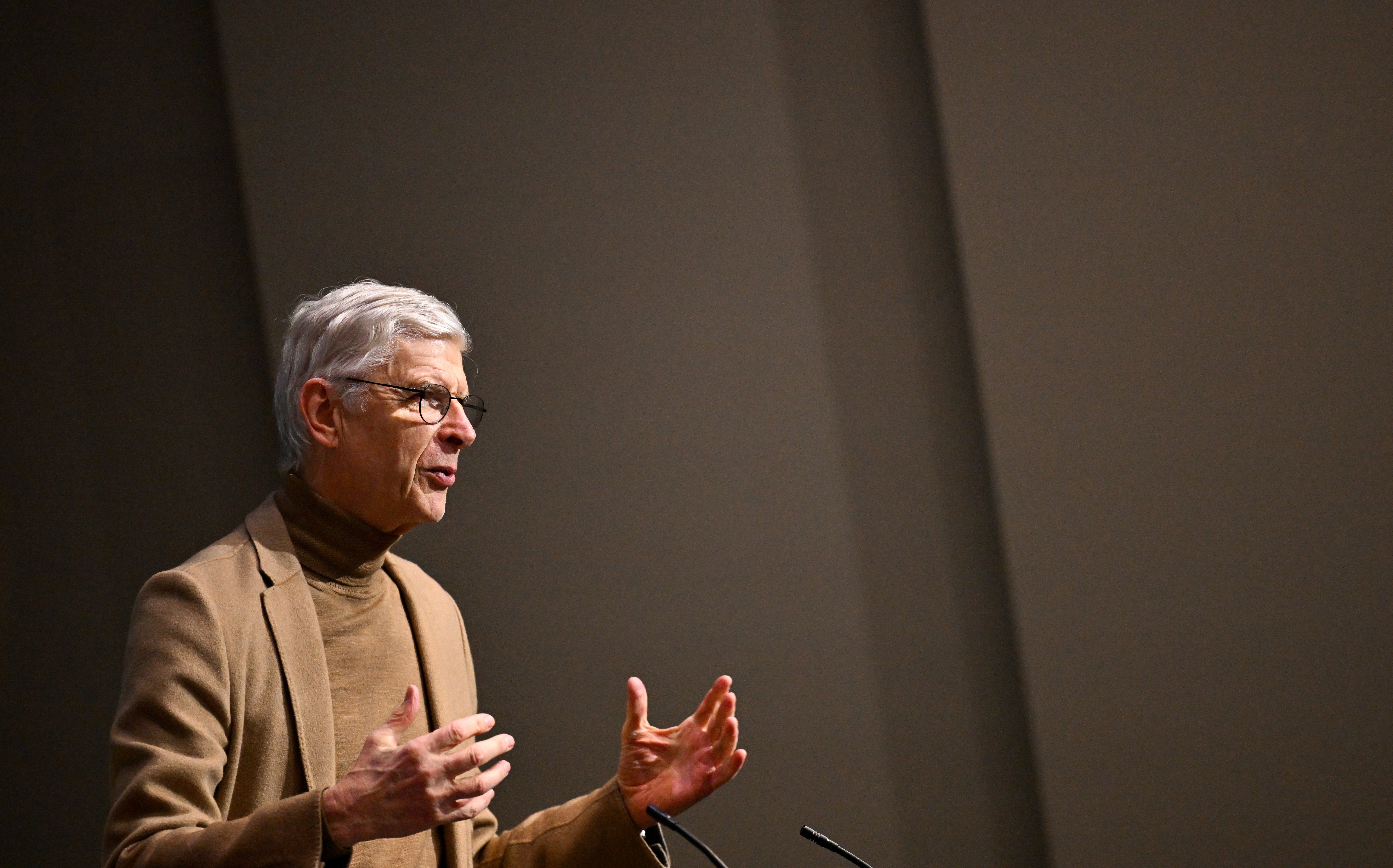
“People who have broad knowledge can collect the data from the specialists and choose the four or five important criteria that will help them to make the right decisions. The specialists around us have to help us to make better decisions – but we have to make the decisions," he said.
Thanking the coaches for making the 2023 tournament the best in FIFA Women's World Cup™ history, FIFA Chief Women's Football Officer Dame Sarai Bareman said their input would be invaluable for the future.
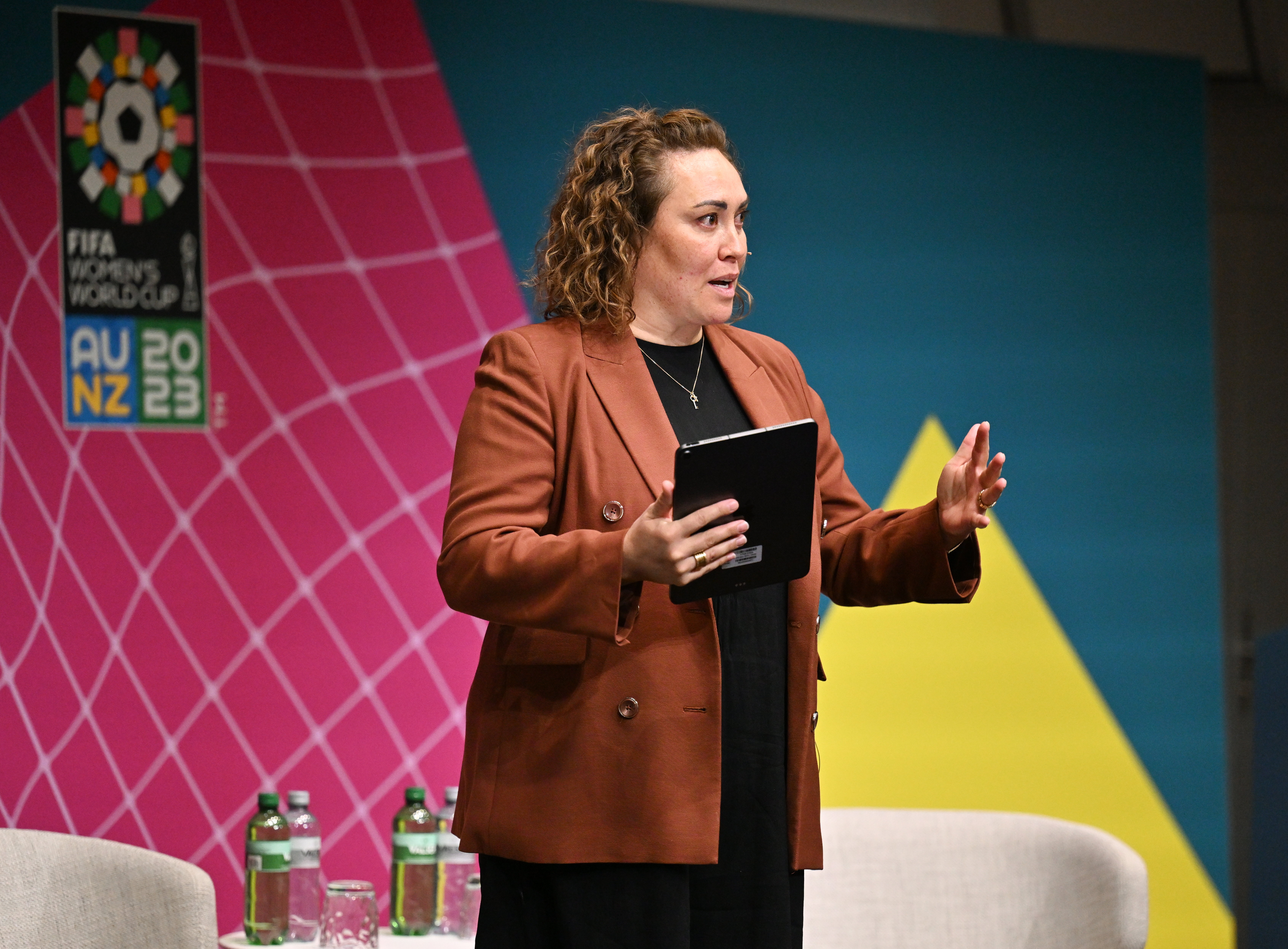
"Let us know if things are tough, they’re not going well with the calendar, with the World Cup, with the competitions, because that’s how we learn and that’s how we can change and evolve as our game changes and evolves," she said.
For the coaches themselves, it was an invaluable and rare opportunity to meet their peers. "I love these kinds of forums, workshops, where you can actually talk about football,” said New Zealand coach Jitka Klimková.
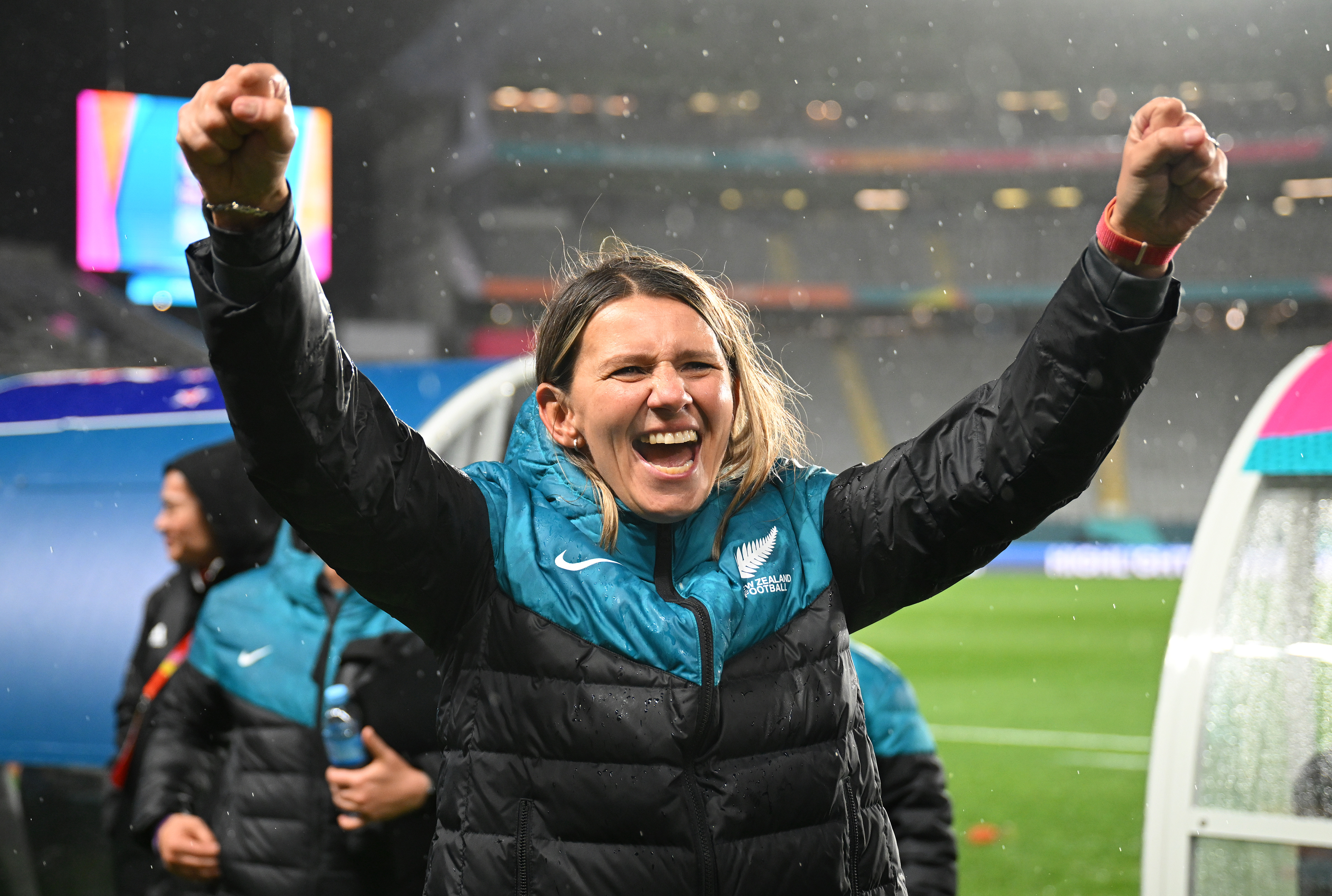
“We don’t have so many opportunities with the coaches to sit down and discuss about our game, about our decisions. Sometimes, we feel a little bit isolated from the world because you are in that position, [where] it’s not so common to share with the other coaches…tactics and how we see things. So, this is an amazing opportunity for us to just talk about football, talk about one of the best tournaments that we’ve seen in women’s football. That’s what I really enjoy and I take it as a huge learning opportunity for each of us."





.variant64x64.JPG)




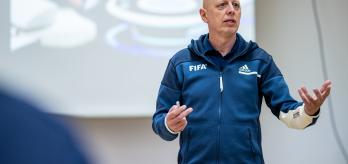
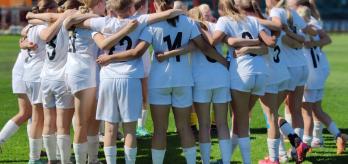
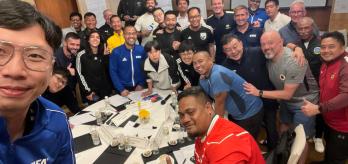
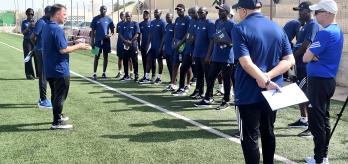
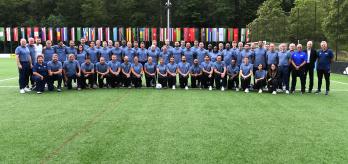
.variant348x164.JPG)
